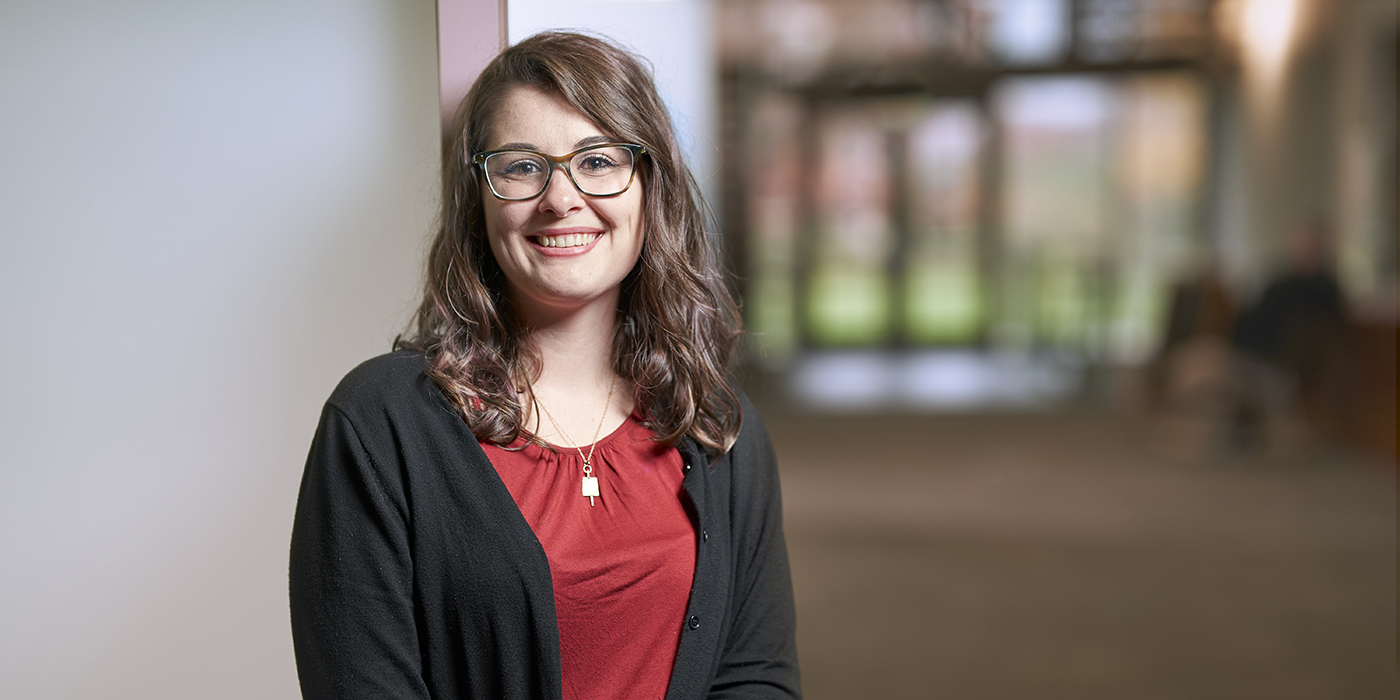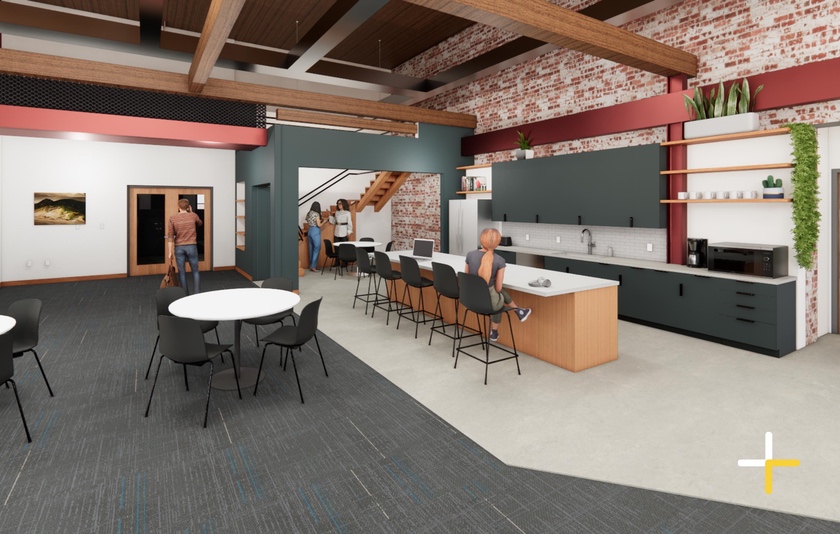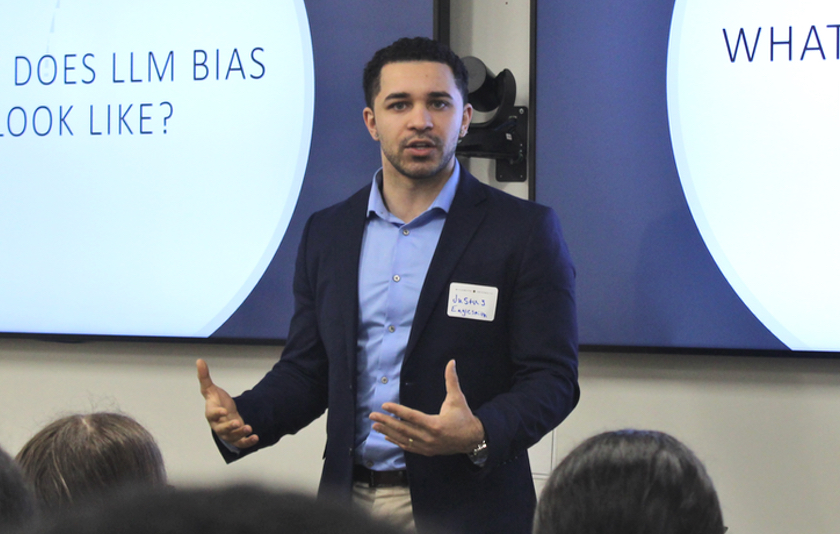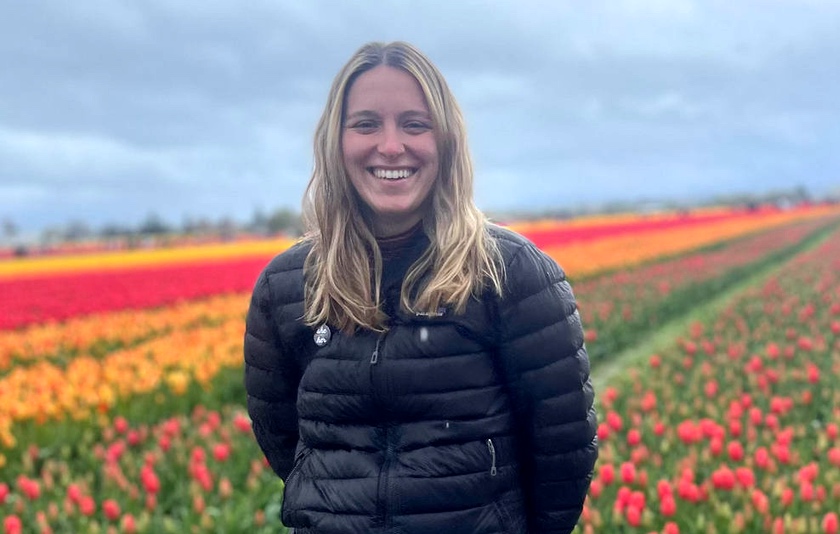Before Colleen Smyth graduated with her Masters of Science in Data Science in August, the program helped her discover a novel approach to a persistent question at work.
For her capstone project, the Portland high school math teacher wanted to discover what features were most predictive of an on-time graduation, such as course history or GPA. Smyth BA ’15, MS ’21 created a classification model that examined three years’ worth of past graduates, and once she discovered the predictions were pretty accurate, she felt confident the results identified what her school could focus on. She shared her findings with the principal this fall.
“It was really cool to do a class project then return to school and present practical ideas that can be applied now,” she said.
Among the first to pursue the university’s new data science program, Smyth figured the degree would open the door to future jobs and complement her current one at Portland Public Schools. She’s now incorporating tips on public presentations, how to understand social justice through data and statistics and career suggestions for students into class, she said.
“It’s not something most of them have learned before, and it’s relatively new in the workforce, so I feel like I’m able to provide them with a unique perspective” after taking the master’s program, she said.
Smyth wasn’t an obvious advocate for data science. A history major at Willamette, she didn’t view herself as “a math person” or even someone who excelled in the subject, but after she graduated in 2015 and applied for Teach for America, her feelings changed.
Offered preferences in subject matter, she said she was open to teaching middle school math. The quantitative courses she’d taken at Willamette helped her realize her high school background in math was stronger than she thought, and she also enjoyed tutoring students on the subject through college prep program Willamette Academy, she said.
A few years later, when she was teaching high school algebra in Chicago, the course included some statistics topics that Smyth found as interesting as her students. When she returned to her hometown and found a job at PPS — a longtime goal as a fourth-generation district educator — she began to push for a stronger focus in statistics instead of calculus to better engage students interested in pursuing non-STEM fields in college.
“Data science is definitely the future of math education,” she said.
During her second year, Smyth pushed her school to add a financial algebra and statistics elective already offered by the district that aims to keep students in math throughout their academic career. The next year, she proposed and was granted the opportunity to teach an AP statistics course, the first time in school memory such a course was offered.
Oregon education standards are leaning toward including more data science, too. Last month, the State Board of Education adopted a new model for high school that focuses more on statistics in required courses and offers students more options for their third required credit, such as data science, statistics and the traditional advanced algebra course. Smyth is working with the district to pilot its first data science course next year.
Eventually, she’d like to integrate more data science applications in her own AP class and provide students with other opportunities she’d never had as a student.
“Being able to teach data science to students and develop courses for the school has been really rewarding and meaningful to me,” she said. “With the state as a whole pushing for a more data science-oriented framework, I want my school to be at the forefront of that movement.”




